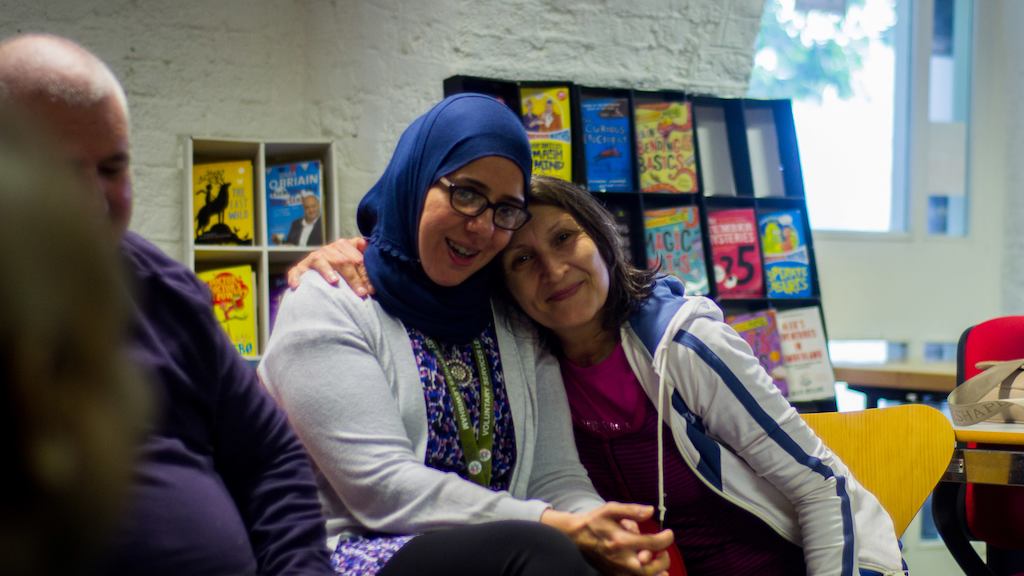As a millennial who lives with my parents, has a stable full-time job and no caring responsibilities, I have lots of time on my hands. I spend a fair amount of it volunteering, going to social clubs, mentoring and helping out those less privileged than myself. Thankfully there's little that gets in my way when I fancy doing some community work – because, as well as having the time, I'm also fortunate enough to have the health and finances to volunteer.
And, true to what research has shown, volunteering my time and talents has helped increase my number of social connections and improve my self-esteem. At a retirement home where I spend lots of time playing Scrabble and table tennis I've become friends with a group of people I wouldn't have interacted with much otherwise. Beyond improving my vocabulary and racket sport skills, I get lots out of the friendships that I've built, so I'm no stranger to the benefits of community contributions.
But I don't want to take for granted all the things that make it easy for me to volunteer. We often overlook the fact that a significant number of people face serious obstacles to volunteering or contributing to their community more widely.
In Ageing Better's research, we identified various barriers that can make it difficult for many people to volunteer – especially in later life. Issues around transport or mobility, having other commitments that require flexibility from your volunteering and lacking confidence can all impact how often - if at all – people can take part in voluntary activities.
Major life events, too, like becoming a carer, experiencing a new long-term condition or losing a loved one can lead to a withdrawal from volunteering if people aren’t given the right support.
For Volunteers' Week we worked with Close-Up Research to visit a Late Spring bereavement support group to capture the voices of people in situations like this. Late Spring, which is based in Oxfordshire, supports older people who face a variety of barriers to volunteering, including the loss of a loved one.
Many of the people we talked to were open about how losing a partner made it difficult even to leave the house – let alone get involved in the community. Without Late Spring, Robert says, "I’d be even more lonely because when you lose your partner, even though you've got family and friends around you, you're still lonely – because the one person you want isn't there any longer."
The group discusses practical things, too – like how to change lightbulbs and work the washing machine. But most importantly by bringing people together it gives Robert and others the confidence to get out there and be a part of their community. As Robert says, "even though everyone is different we all have one thing in common".

